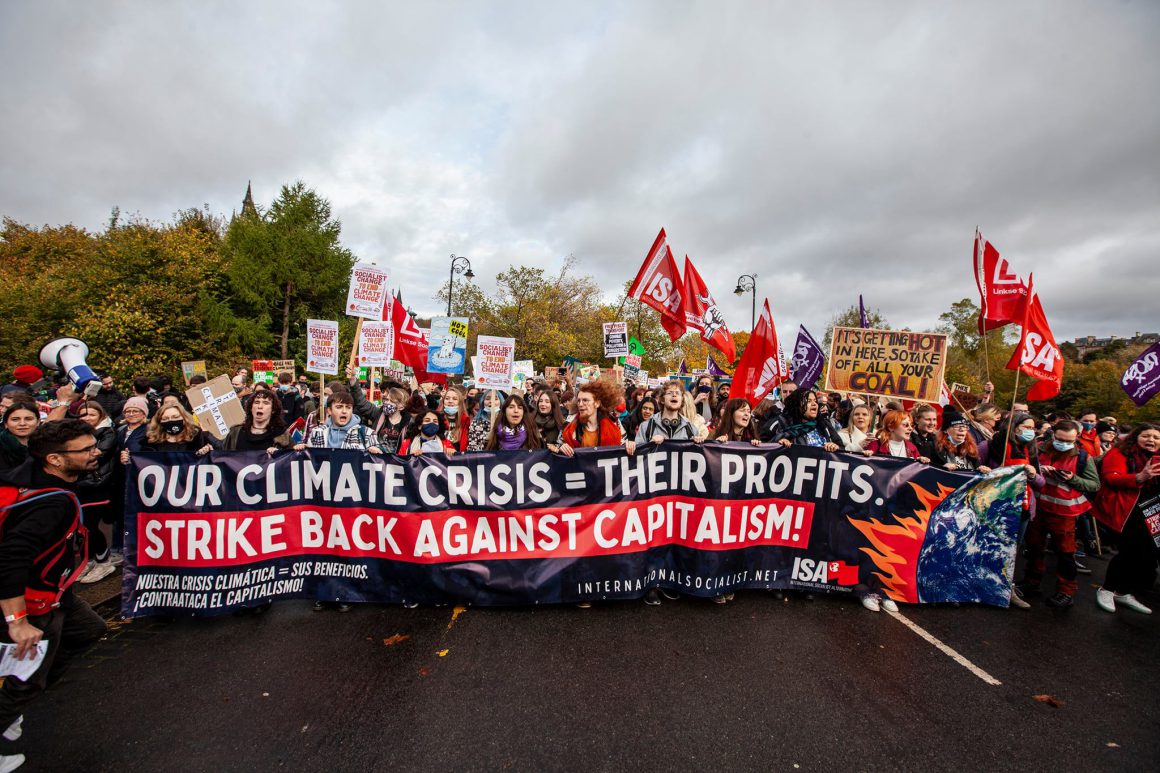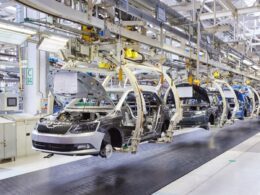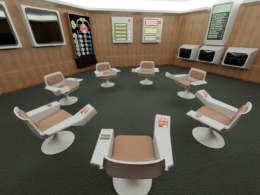By Eddie McCabe
“We live in capitalism. Its power seems inescapable. So did the divine right of kings.” – Ursula Le Guin
Given the state of the world today – a world in the throes of multiple major crises, including existential crises, which are all connected consequences of a system in decay – it’s not an easy time to be a defender of capitalism.
Still, defenders of capitalism abound throughout society. But for the most part, when articulated, their defences are very different from the brash speechifying about the superiority of the market that was ubiquitous 20 years ago. So profoundly has the neoliberal capitalist era failed to make the world a better place, or to provide even the basics of decent housing, jobs or a healthy environment, that the best argument they can muster in defence of capitalism is that ‘there is no alternative’.
Common sense
This really is the best thing capitalism has going for it, and pathetic as that is, it’s an idea that has a powerful resonance. It permeates the education system, the political arena and the mainstream media.
Everything we’re taught from an early age, and actually how we’re trained to think, is, as James Connolly said, “in the grooves and along the lines of how those who exploit us want us to think.”
‘Common sense’, which is for the most part very sensible, and a useful way of thinking about many problems, is however based on capitalist ideology. The ‘common sense’ that says we can’t demand too much in wages and conditions because we might put our employer out of business, for example. Or the ‘common sense’ that says we need to look after the poor here in Ireland before we can think about helping the poor anywhere else; or the common sense that says that sex and gender are purely binary concepts; or the common sense that says we have to fight for gradual reforms, not revolution, despite the fact that the house is on fire, as Greta Thunberg exclaimed.
Basically, common sense is fine for the most part, but it is fundamentally opposed to radical change: it steers people away from thinking about radical change in favour of what’s seen as most ‘practical’.
Breaking with capitalist ideology, so ingrained as it is, is not easily done; it’s a process and it takes time, which can be more or less depending on one’s circumstances and experiences. Involvement in class struggles certainly speeds up the process. So living in a time of rising class struggles, such as today, means living in a time ripe for anti-capitalist and socialist ideas.
As Connolly also wrote: “Revolution is never practical – until the hour of the revolution strikes. Then it alone is practical, and all the efforts of the conservatives, and compromisers become the most futile and visionary of human imaginings.”
Good sense
The truth is that there’s no more utopian belief than that capitalism can exist without poverty, war, environmental destruction, oppression, disease, forced displacement, etc. So either we accept these things, and make the most of our descent to extinction, or we don’t, and instead get rid of capitalism. And why wouldn’t we?
Looking at the question rationally: billions of workers, small farmers and poor folk toil everyday to create a world of plenty, but they struggle to get by (with varying qualities of life among them) while a tiny elite lives lavishly. Clearly these billions of working-class people should demand more from the billionaires. And also clearly – because their work is what makes the world run – if they were organised they could get whatever they demanded.
It’s not power, then, that holds back the labouring majority; it’s confidence in its own capability and in the possibility of an alternative. In the course of its clashes and conflicts with the (unnecessary) hardship of life under capitalism, and those responsible for it, the working class can acquire these things – the history of working-class struggle teaches us that much.
History also teaches us that change is constant in human societies, including at times revolutionary change. Capitalism itself was the product of revolutions, and it has given rise to a class which has risen against it on countless occasions. Revolutions will happen again, that’s for sure. Socialism, that is victory, is not for sure, but it surely is possible.












